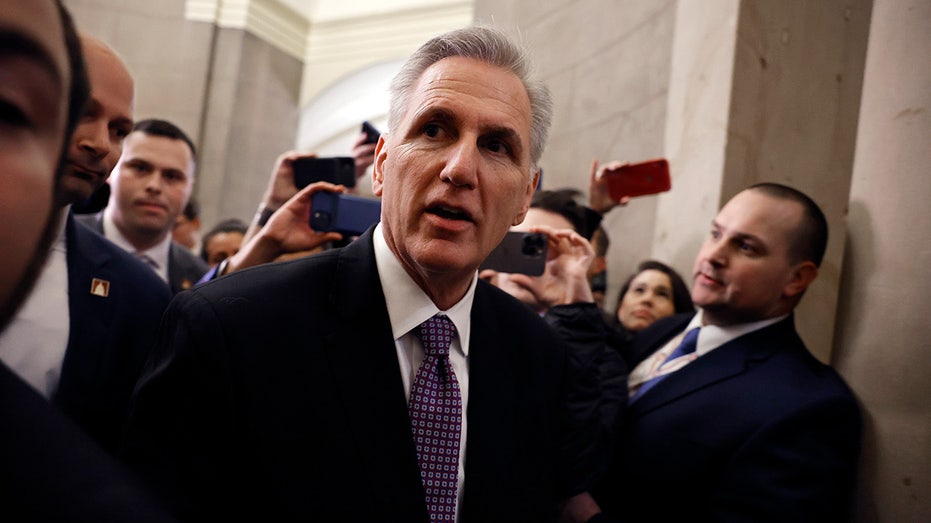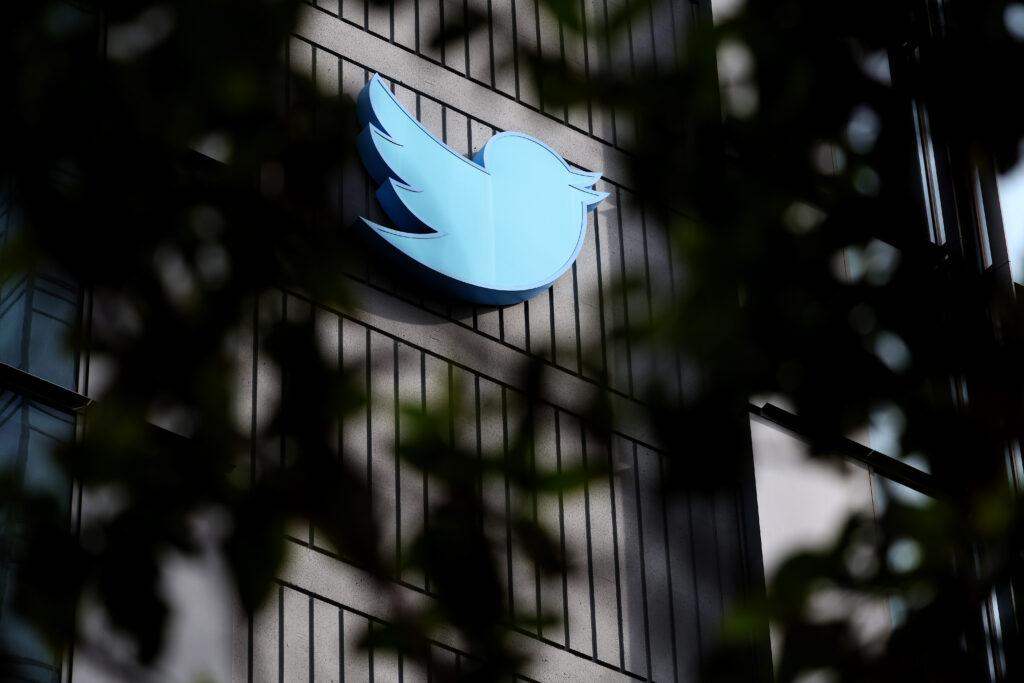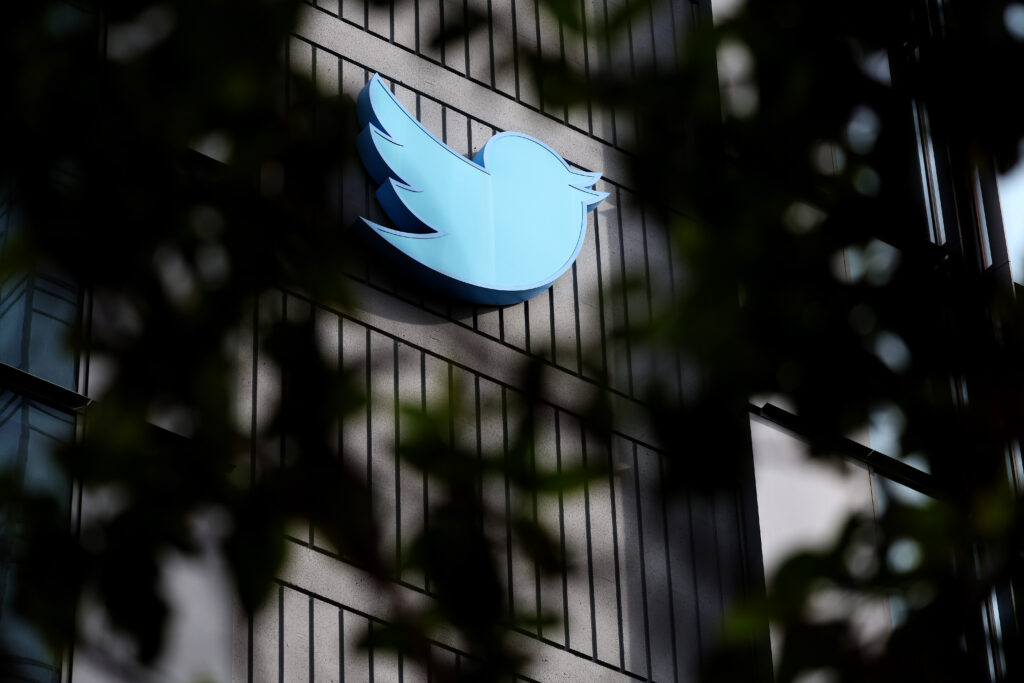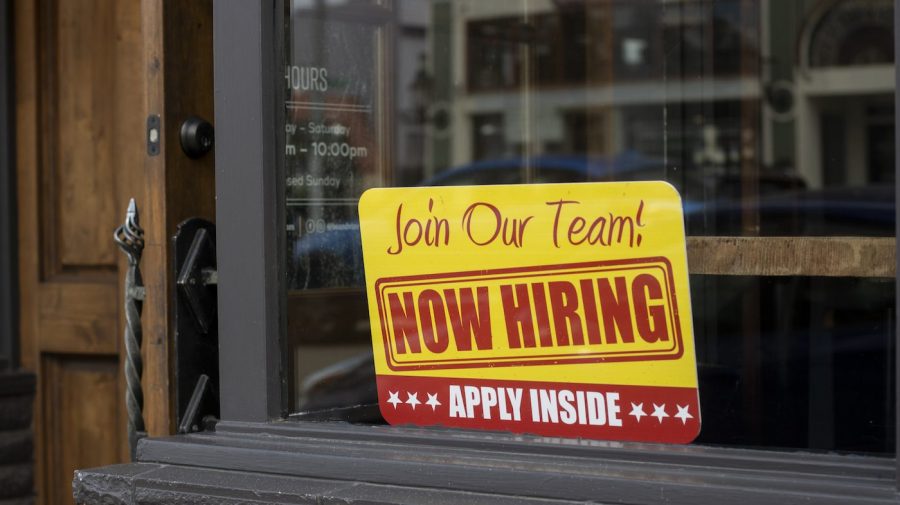Latest & Breaking News on Fox News
Rep.-elect Kevin McCarthy lost the ninth round of voting for House speaker this week after days of tense negotiations failed to sway any holdouts for the embattled California Republican.
McCarthy has repeatedly failed to secure the 218 votes required to become speaker in nine separate roll calls since Tuesday. Nineteen Republicans opposed him in the first two votes on Tuesday, but now his opposition has grown to 21 after the HFC nominated Florida Republican Byron Donalds and Indiana Republican Victoria Spartz switched her vote from McCarthy to “present.”
During the seventh and eighth ballots Thursday, Rep.-elect Matt Gaetz, R-Fla., cast a surprise vote for former President Donald Trump after he previously voted for Donalds.
In the eighth round, Republican Reps.-elect Lauren Boebert of Colorado and Josh Brecheen of Oklahoma both switched their votes from Donalds to Rep.-elect Kevin Hern, the Republican Study Committee chairman of Oklahoma, who was not officially nominated.
Republican Rep.-elect Lauren Boebert of Colorado officially nominated Hern in the ninth round, arguing for the need for a consensus candidate.
“I sat in my chair anticipating to vote for Byron Donalds, whom I respect, whom I see as a leader,” she said, “and there was a gut check that said we need someone that is going to convince my colleagues on this side of the aisle that it’s time to get going. It’s time to build momentum.”
Gaetz joined Boebert and Brecheen in voting for Hern in the ninth round. Hern, however, voted for McCarthy.
Republican Rep.-elect Matt Rosendale of Montana nominated Donalds in the ninth round and called the ongoing gridlock “healthy.”
“We have had more discussion and debate over the last three days than I have participated in on this floor for the last two years,” Rosendale lamented.
Meanwhile, House Democrats have remained united behind incoming House Democratic Leader Hakeem Jeffries of New York, casting all Democratic votes for him in all nine rounds.
The first three rounds of voting Thursday came down the same way for McCarthy and Jeffries, with 201 and 212 votes, respectively, continuing the stalemate.
McCarthy offered more concessions to members of the House Freedom Caucus (HFC) opposing his bid for speaker since the House adjourned Wednesday evening. He has discussed granting the HFC more positions on the House Rules Committee, holding a vote on congressional term limits, as well as lowering the threshold for forcing a vote to remove the speaker to just one majority-party lawmaker.
HOUSE GOP HOLDOUTS DEFEND THEIR PAST PRAISE OF MCCARTHY: ‘NO VENDETTA’
McCarthy came up short even after Trump called on House Republicans to back McCarthy, telling Fox News Digital this week that the holdouts are playing a “dangerous game.”
Former Vice President Mike Pence also called on Republicans to support McCarthy, tweeting Wednesday: “Urging Every Republican in [the House GOP] to support my friend, Kevin McCarthy as the next Speaker of the House.”
McCarthy can only afford to lose four votes to get the 218 necessary to win the speakership.
Many of the GOP holdouts have previously praised McCarthy’s leadership and even accepted re-election campaign money from him during last year’s midterm elections. Several told Fox News Digital on Wednesday that the stalemate isn’t personal.















